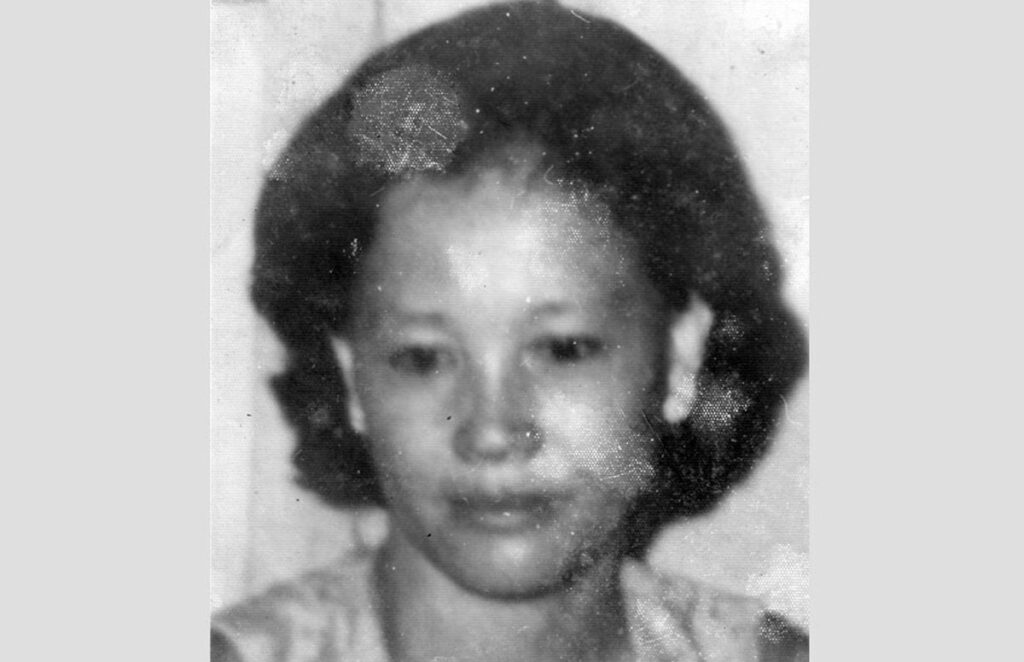My mother was a farmer from Tonle Bet, while my father was a goldsmith from Kampong Cham Province. They met at a pagoda. My father asked my mother to marry him many times before she finally agreed. After they married, my father continued working as a goldsmith, while my mother stayed at home to look after their 12 children. She often went to Phnom Penh to visit her younger siblings and always took me and four or five of my brothers and sisters along.
My parents began living separately during the Lon Nol regime. They were unable to contact each other because my father was living in an area controlled by the Khmer Rouge, while my mother was living in an area under the control of Lon Nol soldiers. During that time, she came to visit her younger siblings in Phnom Penh and was unable to return to her hometown because of the fighting. We stayed in an apartment with my mother’s younger sister Chea Yech Nai. She was very kind, and understood that my mother had too many children to support, so she had us live with her.
We also sometimes stayed with my mother’s younger brother Peng Kea. He was a pilot and captain in the military who was very well off. He and his two children disappeared during the Khmer Rouge regime.
In 1975 the situation in Cambodia was growing tense. We were living in Phnom Penh, where one of my relatives was working as a translator in an orphanage; my mother also worked there as a cook. She enrolled my older siblings and me at the orphanage, saying that we had no parents. This would allow apply for visas to immigrate to the United States.
On April 17, we packed some clothing and went to Wat Phnom to wait for the plane that was to take orphans to America. Our family was the last to be taken out. We saw a plane circling, but it did not land. A few moments later, soldiers in black clothes came with guns. They ordered us to leave Phnom Penh and go to Takhmau. Seven of us – my mother, three daughters, one son, and two cousins – walked for a month until we reached Prek Ampil village in Koh Thom District.
My mother and I worked as farmers, while my older siblings built dams. At first, we were able to live together. The area had plenty of corn and we found extra vegetables to eat. But later, the Angkar sent 100 families to Battambang Province; we went there by car and later, by tractor and cow cart. After we arrived, we lived in a tent deep in the jungle. The Angkar ordered the men to build dams and the women to work as farmers. At first, we had enough food to eat, but later we had mostly rice soup.
One day, my mother had an argument with her older children. Then, the Angkar took her for re-education as a warning not to hit her children again.
The Angkar told us to work separately, so my family rarely met. I carried cow dung in a children’s mobile brigade. Two of my older siblings died during the regime. One went to a hospital where she died of starvation; my mother wanted to go and take care of her child, but they would not allow her. They would not even let her see my sister’s body for the last time, or tell us where she was buried. And when my older sister died, no one in our family knew where her corpse was taken. Later, another of my sisters died from a stomach ache when she was chopping down trees.

